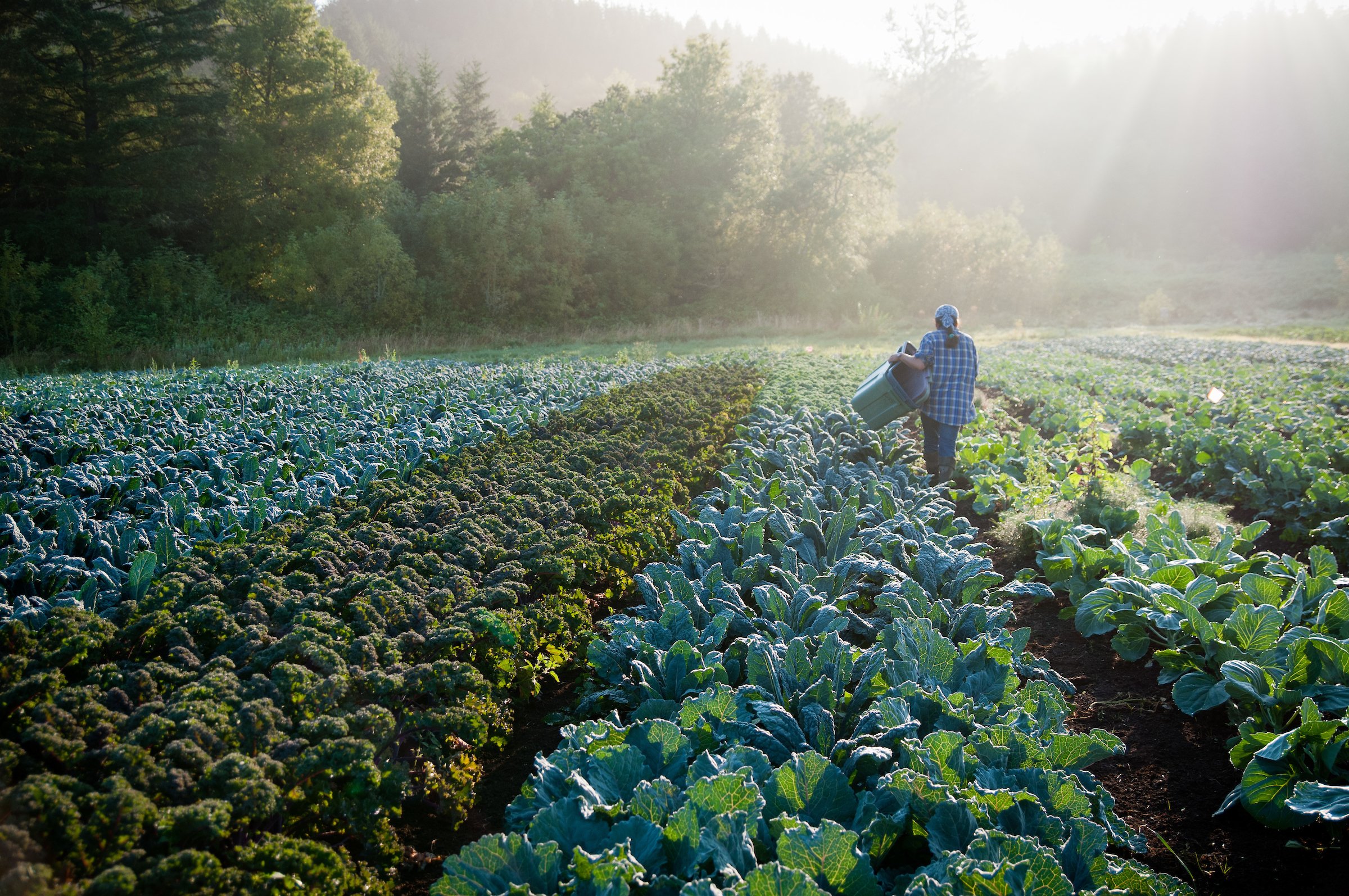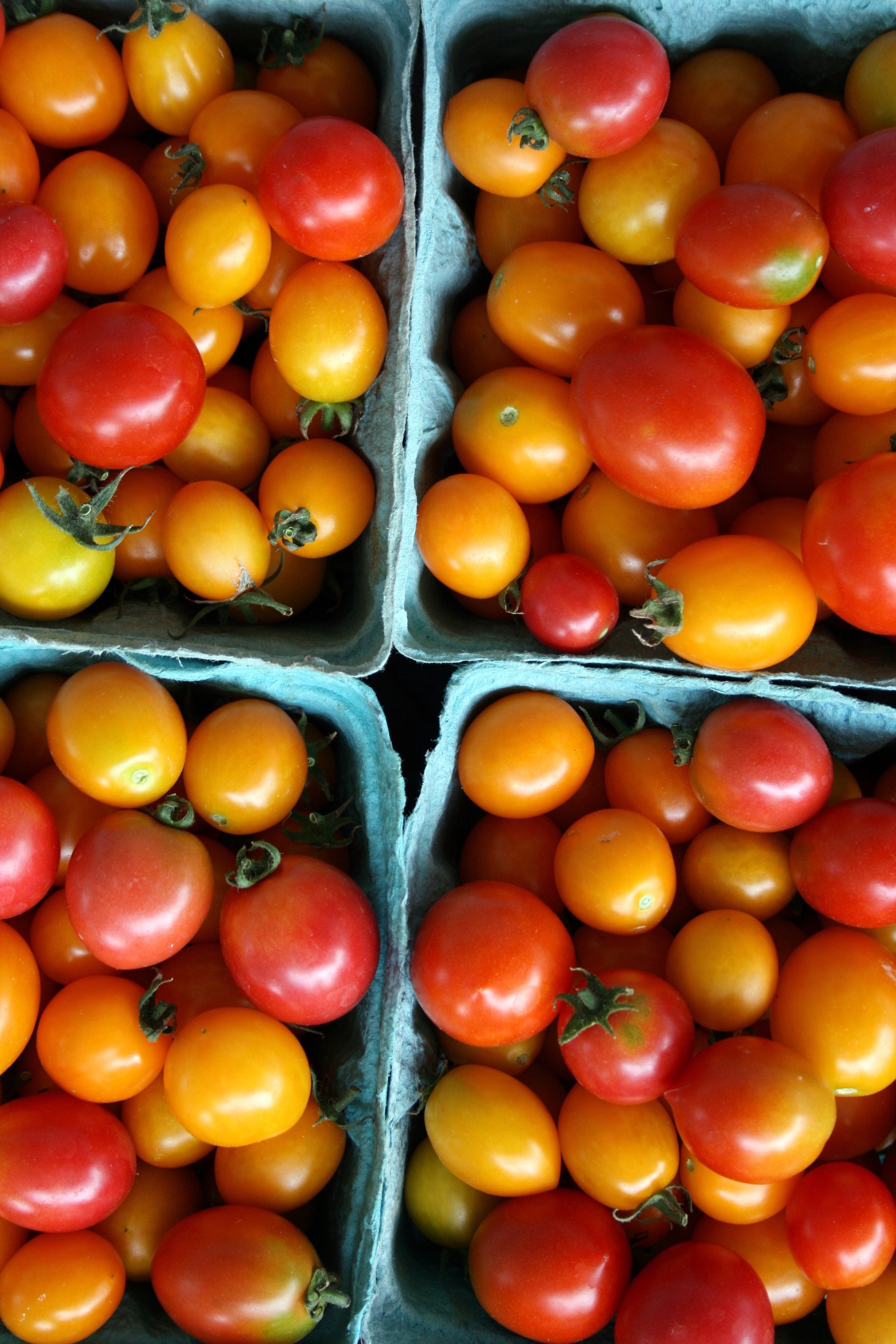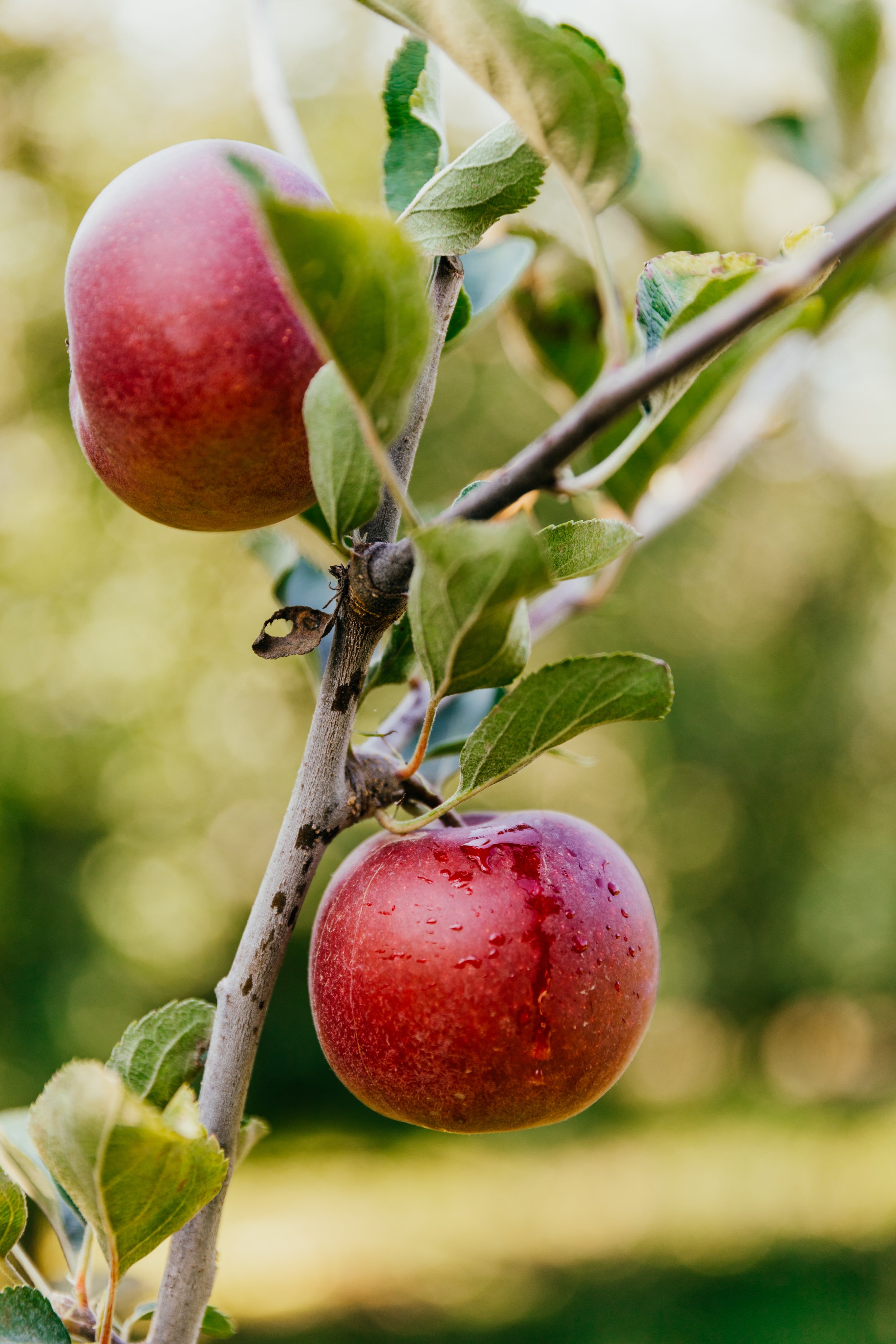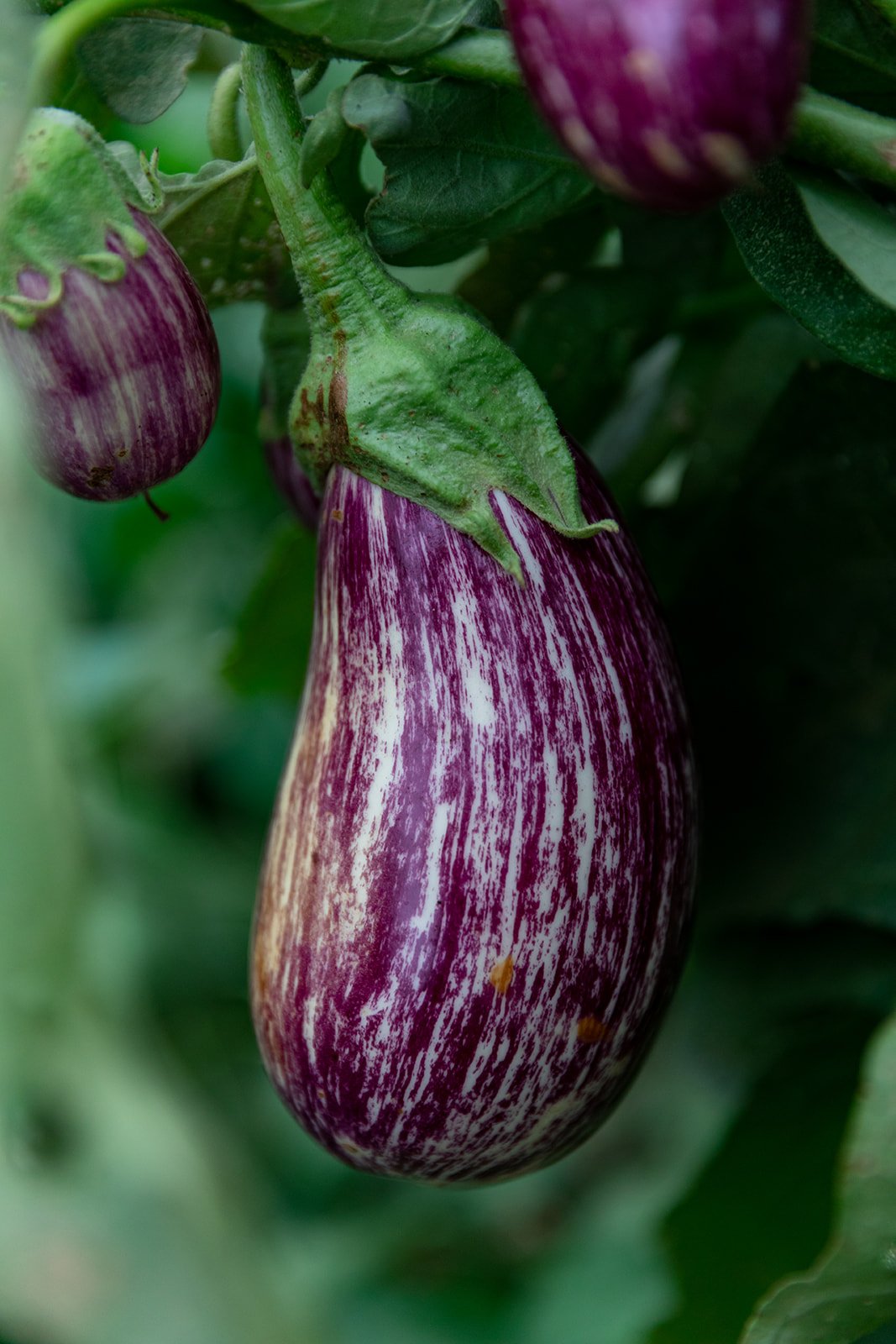
Section Styles sticky
Organic farmers are true champions of the environment.
Organic farmers are required to safeguard the natural resources on and around their farms, including soil, water, wetlands and wildlife habitats. Shunning synthetic chemicals and keeping healthy wildlife habitats helps boost biodiversity and protect pollinators.
Organic farming is tackling greenhouse gas emissions head-on. Studies have shown that it releases a stunning 40% fewer carbon emissions compared to conventional methods. Impressive, right? But that's not all—by ditching synthetic fertilizers, which contribute up to 10% of global agricultural emissions, organic production significantly slashes greenhouse gases and requires less energy, giving our planet a well-deserved break from fossil fuels. Smart nutrient management in organic farms also cuts nitrogen oxide emissions by around 50%—talk about a powerful impact.
Through a process known as “sequestration,” organic farming absorbs carbon dioxide—a greenhouse gas—and stores it in the soil. It locks atmospheric carbon in the Earth through smart soil management practices. Organic growers are required to choose and adopt tillage and cultivation practices that maintain or improve the physical, chemical, and biological condition of soil and minimize soil erosion. With thoughtful crop rotations, diverse cover crops and the integration of perennial cropping phases, along with the use of compost or manure for fertilization, organic soil carbon skyrockets.
Embracing a holistic approach, organic farmers are champions of the environment. They work tirelessly to build healthy soils, safeguard water sources and reduce erosion through savvy techniques like crop rotation, cover cropping and composting. The proof is in the results: organic farming outshines conventional systems, reducing soil erosion and cutting water contamination caused by agricultural inputs. Plus, using organic soil amendments can even detoxify contaminated soil, ensuring crops stay heavy metal-free and release 50% fewer nitrates into our groundwater. They’re also rich with organic plant and animal materials, so organic soil conserves water like a pro.
Conventional agricultural practices use toxic, synthetic pesticides that are harmful to humans and animals. They kill insects by disrupting their nervous systems and are highly toxic to honeybees and other helpful insects. Organic farming practices encourage beneficial insects like ladybugs and other pollinators and use companion planting and crop rotation to deter pests naturally without synthetic sprays. This leads to better yields and pest control by supporting natural predators like aphid eating spiders. Organic farms support better biodiversity. And by championing a vibrant, diverse environment, organic farms supercharge the ecosystem and reap the rewards of better, more consistent yields. It’s a win-win for habitat and harvest.
Organic agriculture sets itself apart from conventional systems by saying no to synthetic fertilizers and pesticides. By keeping those toxic chemicals out of the equation, organic practices work wonders in safeguarding our water supply from harmful run-off.
Synthetic nitrogen fertilizers, soil fumigants and sewage sludge are strictly out of the organic equation. Instead, organic farms take a natural approach using organic fertilizers and focusing on prevention and biological controls for pest management, before turning to a limited arsenal of non-synthetic options. By strictly banning petroleum-based fertilizers and embracing tools that encourage carbon-absorption, these farms significantly shrink our carbon footprint and help combat climate change.
As climate change brings on severe drought conditions, organic farms stand strong, consistently yielding higher crop output compared to their conventional counterparts. When the going gets tough, organic doesn't back down, boasting up to 40% more productivity during drought periods. Their secret weapon? Unparalleled water retention, nearly 10 times greater than conventional soils, making them masters of thriving in both droughts and floods. With organic farming practices we can build agricultural resiliency, ensuring a secure food future for everyone – one more big reason organic is the answer to healthy, responsibly sourced food.
Regenerative agriculture is getting a lot of buzz right now, and that’s a great thing because it shows folks care about how their food is grown. Organic farmers are required to maintain or improve the natural resources on and around their farms - building healthy soils, safeguarding water sources and reducing erosion through regenerative techniques like crop rotation, cover cropping and composting.
But not all products called regenerative use organic practices and may still use toxic pesticides, GMOs and more.
Make sure you’re really getting organic products that meet the highest standards for the health of people, planet and animals by looking for the USDA Organic Seal or the new Regenerative Organic Seal when you shop.
Organic farmers love to incorporate flowers onto their land because they help...
✿ Grow plant diversity ✿ Prevent pests ✿ Support vital pollinators

























